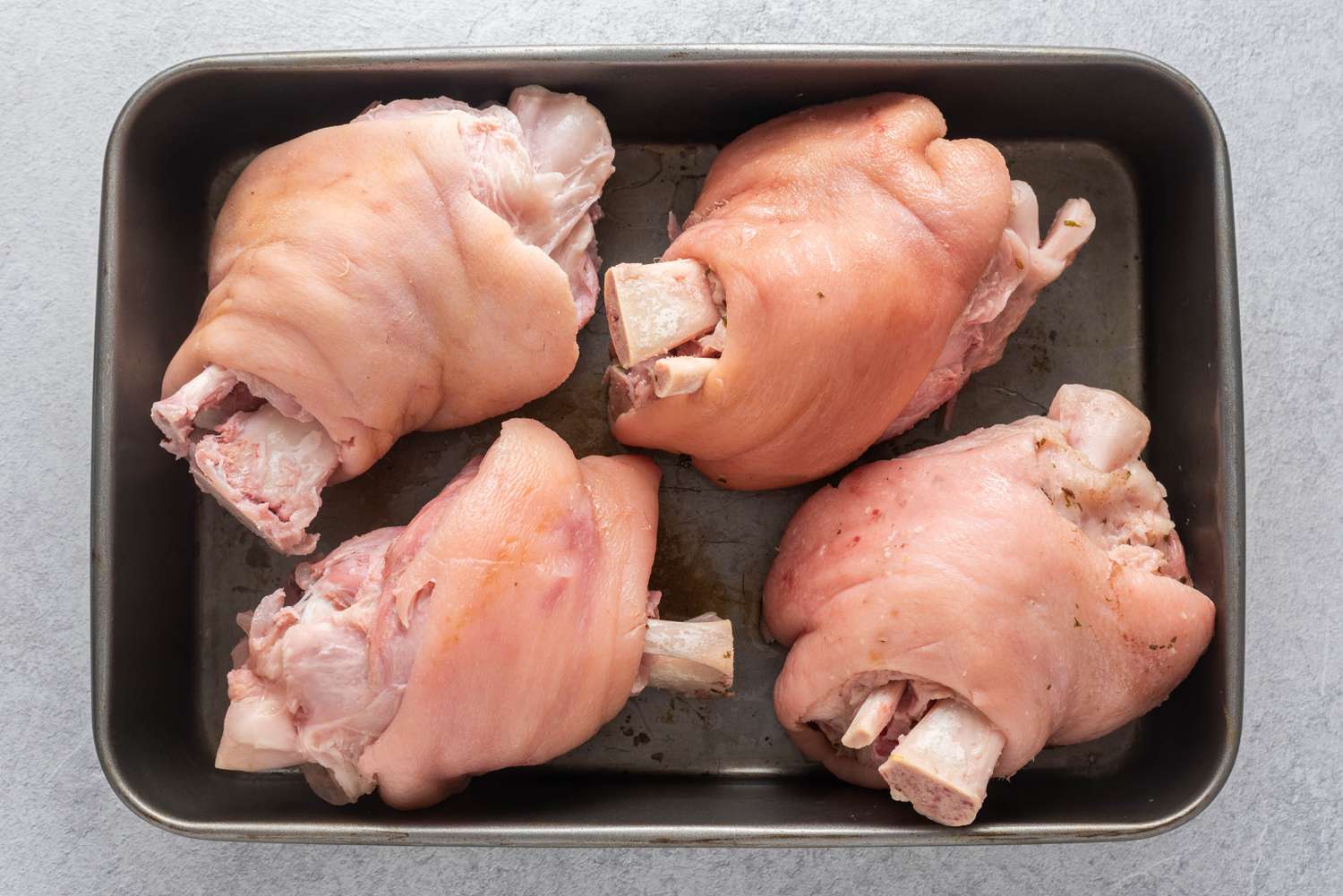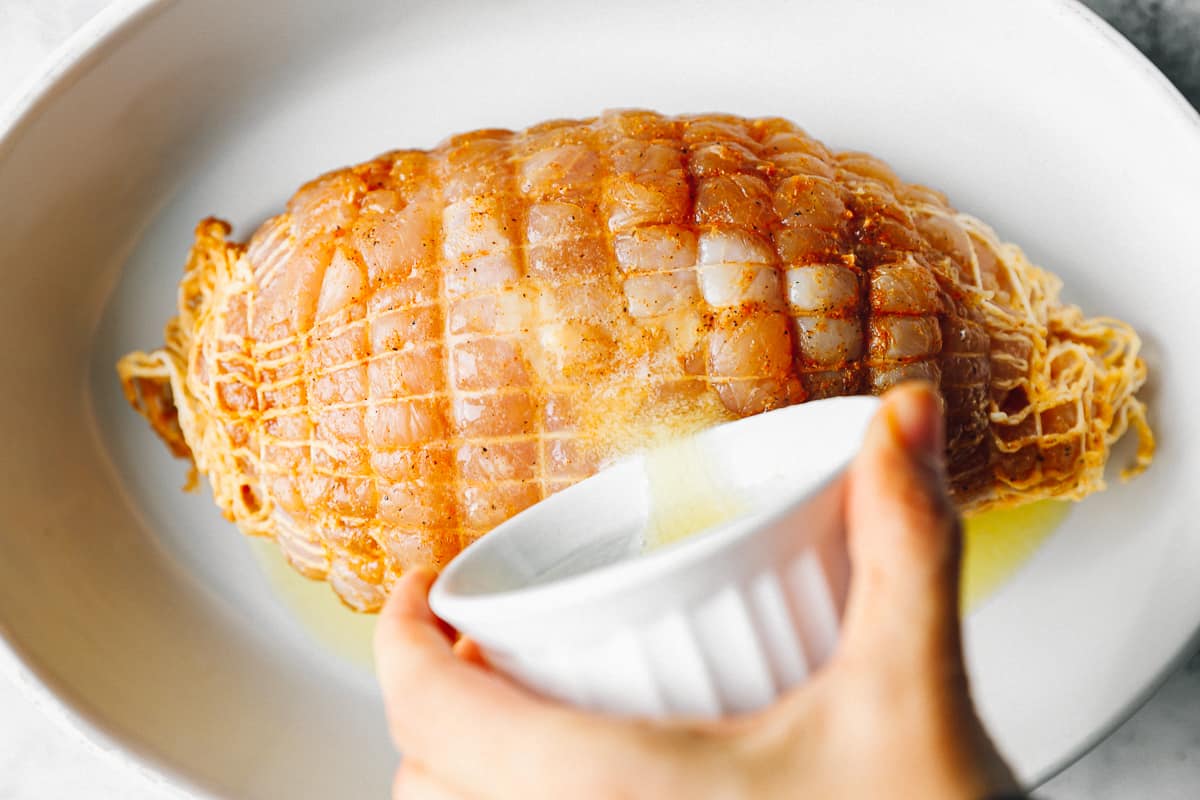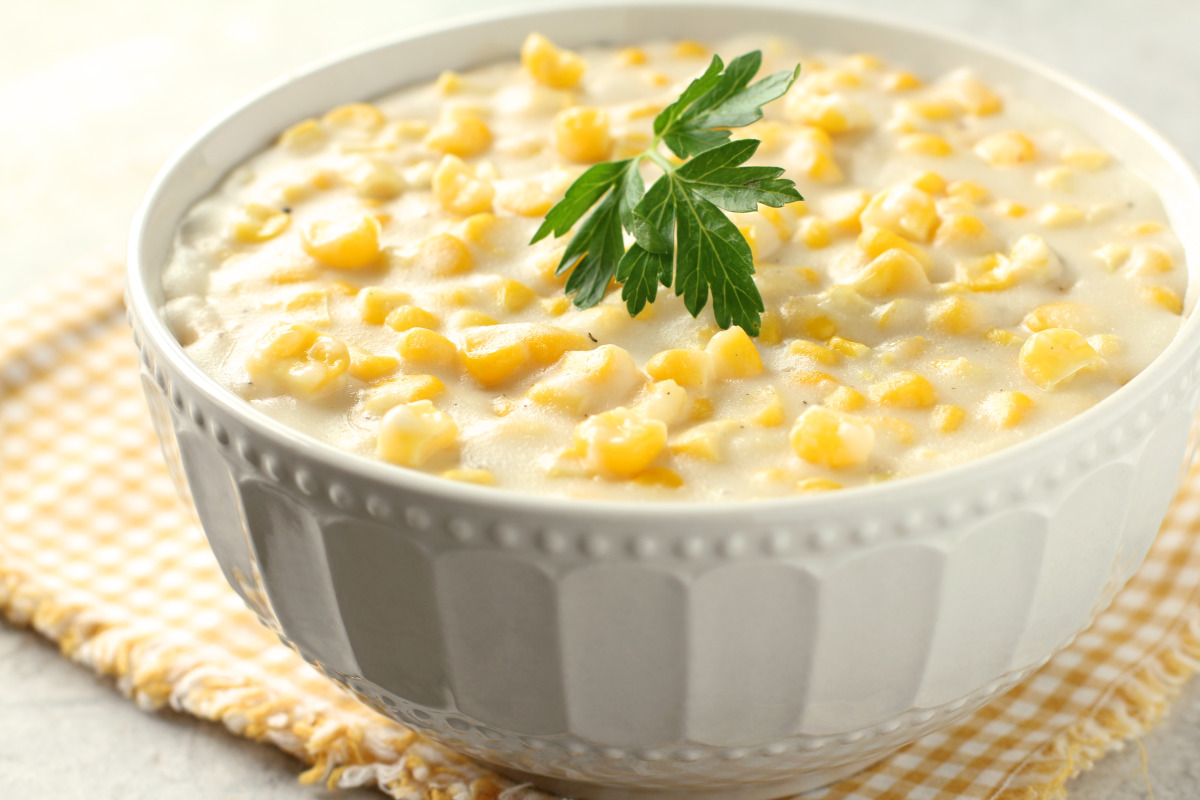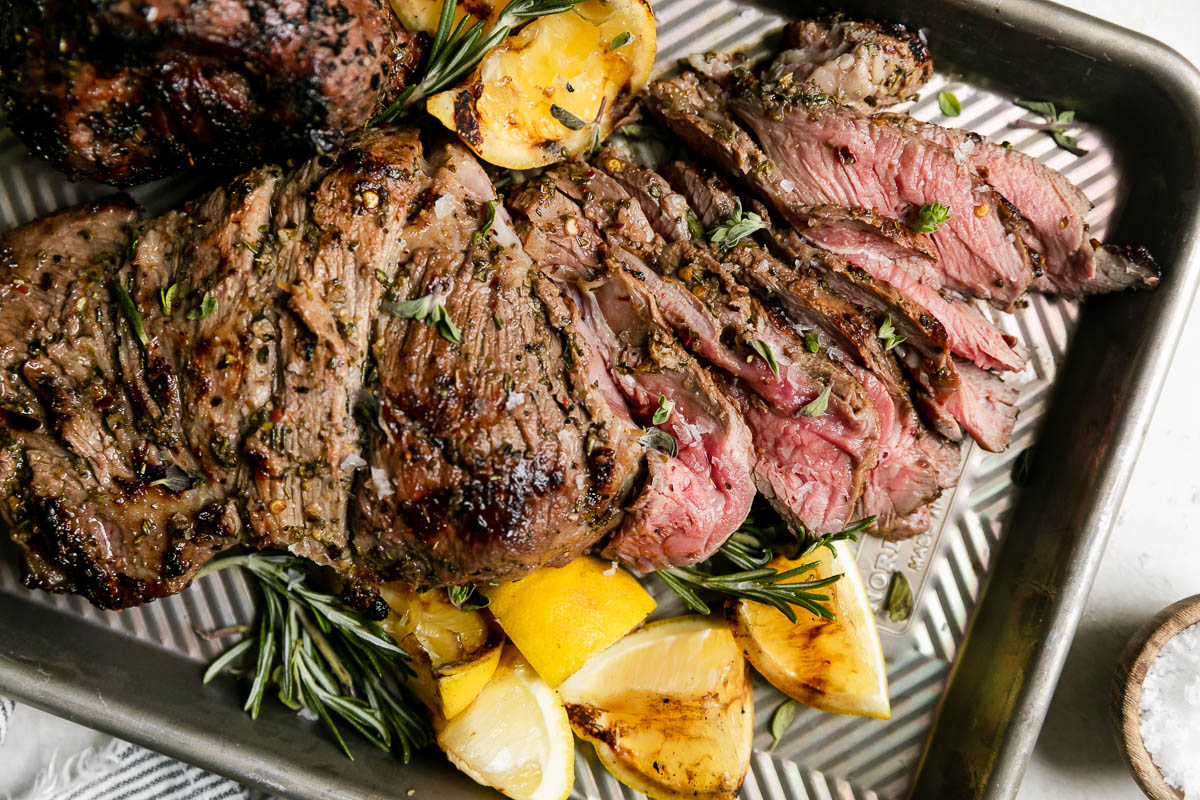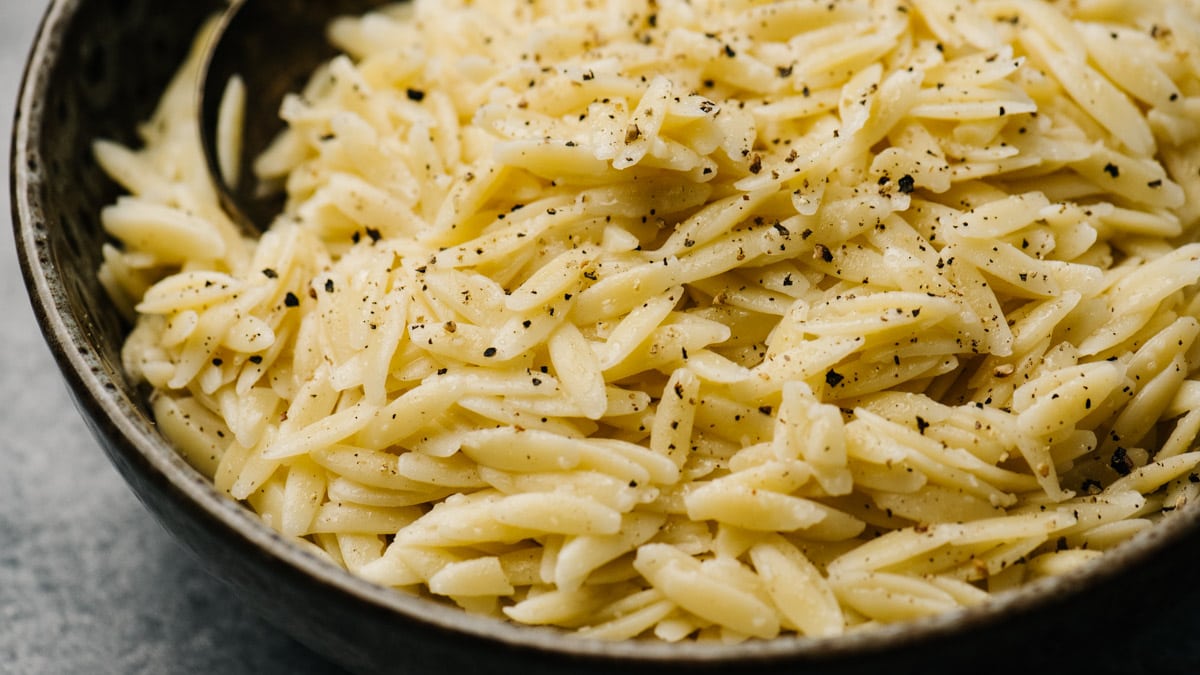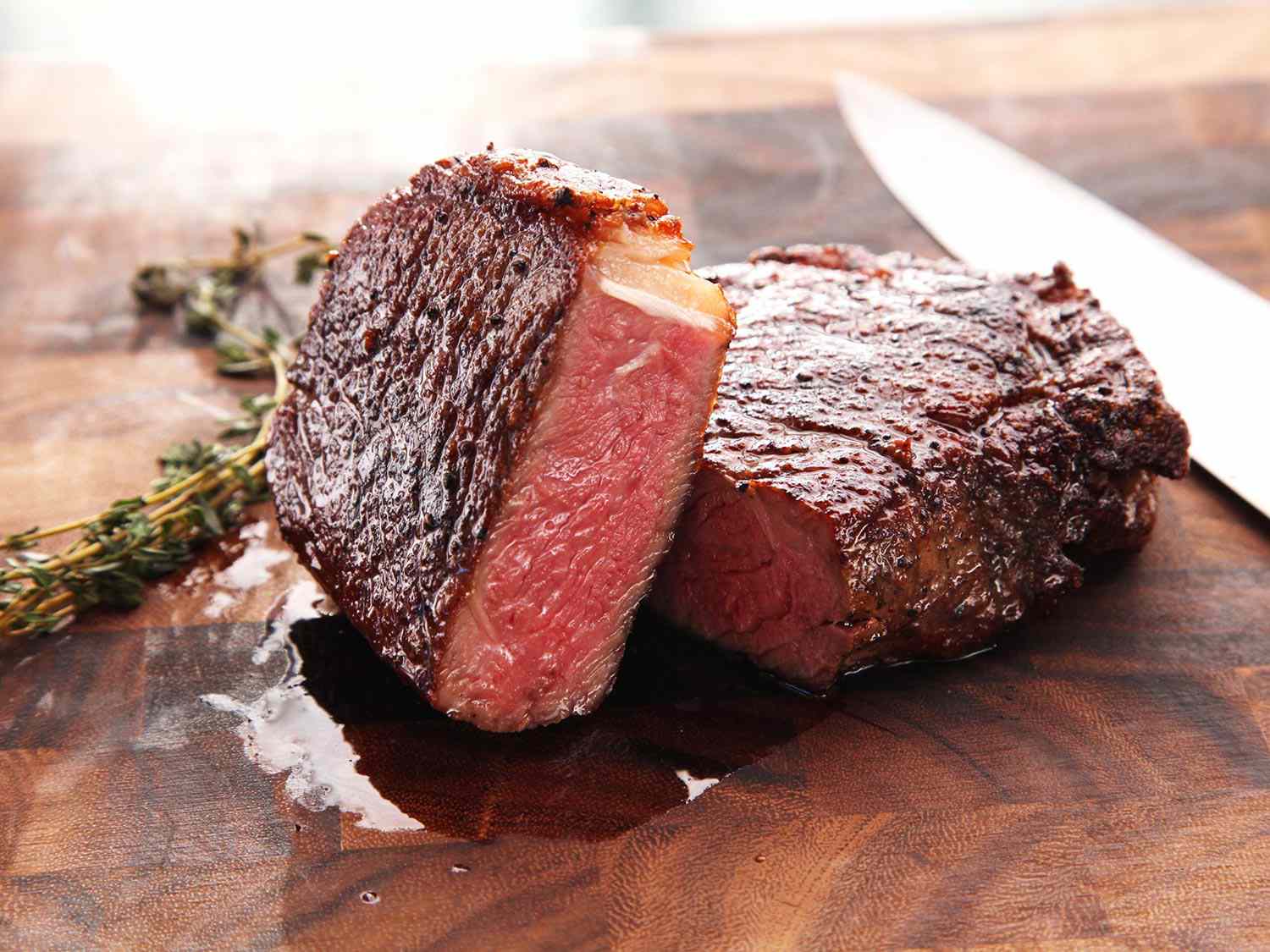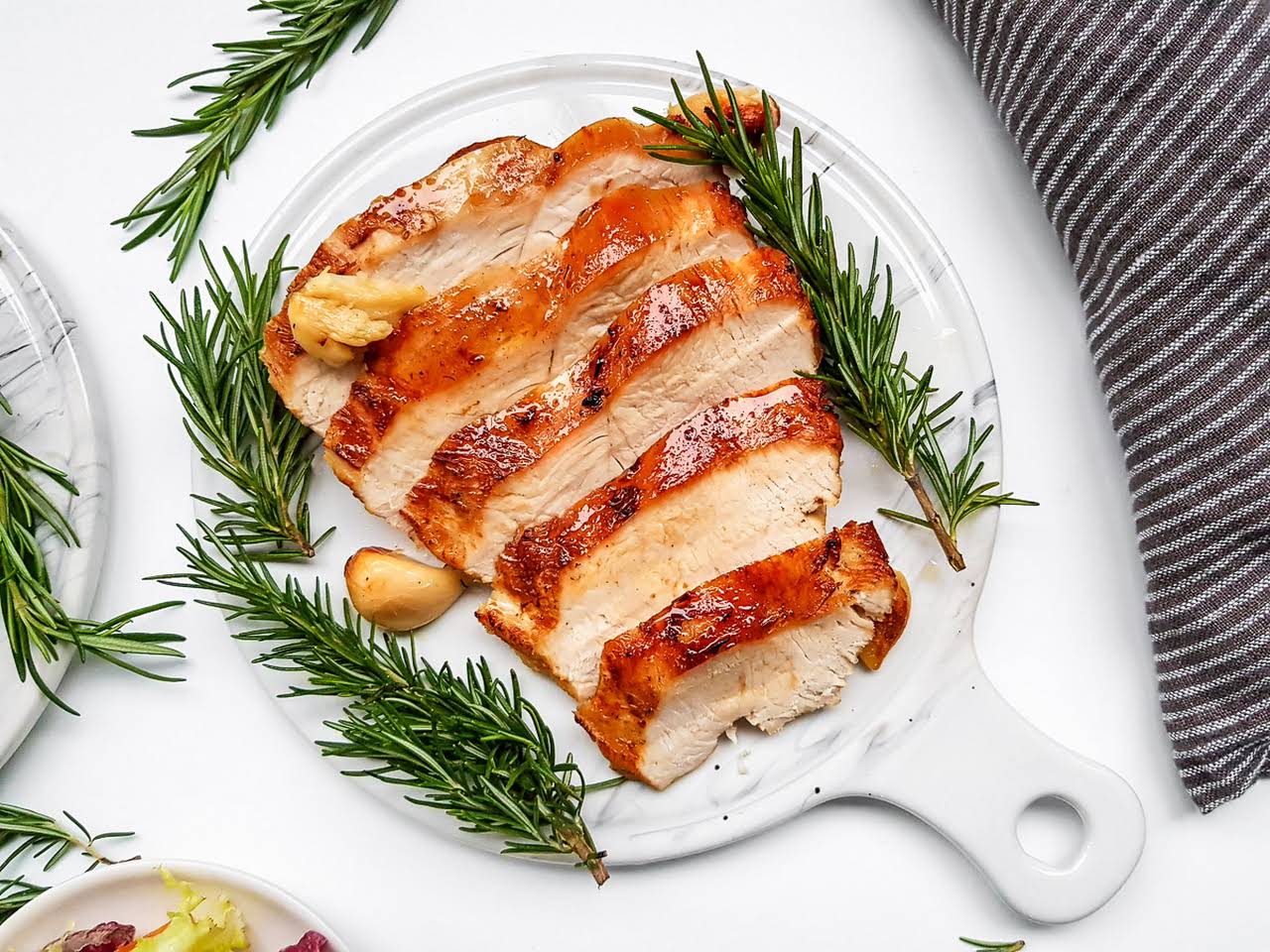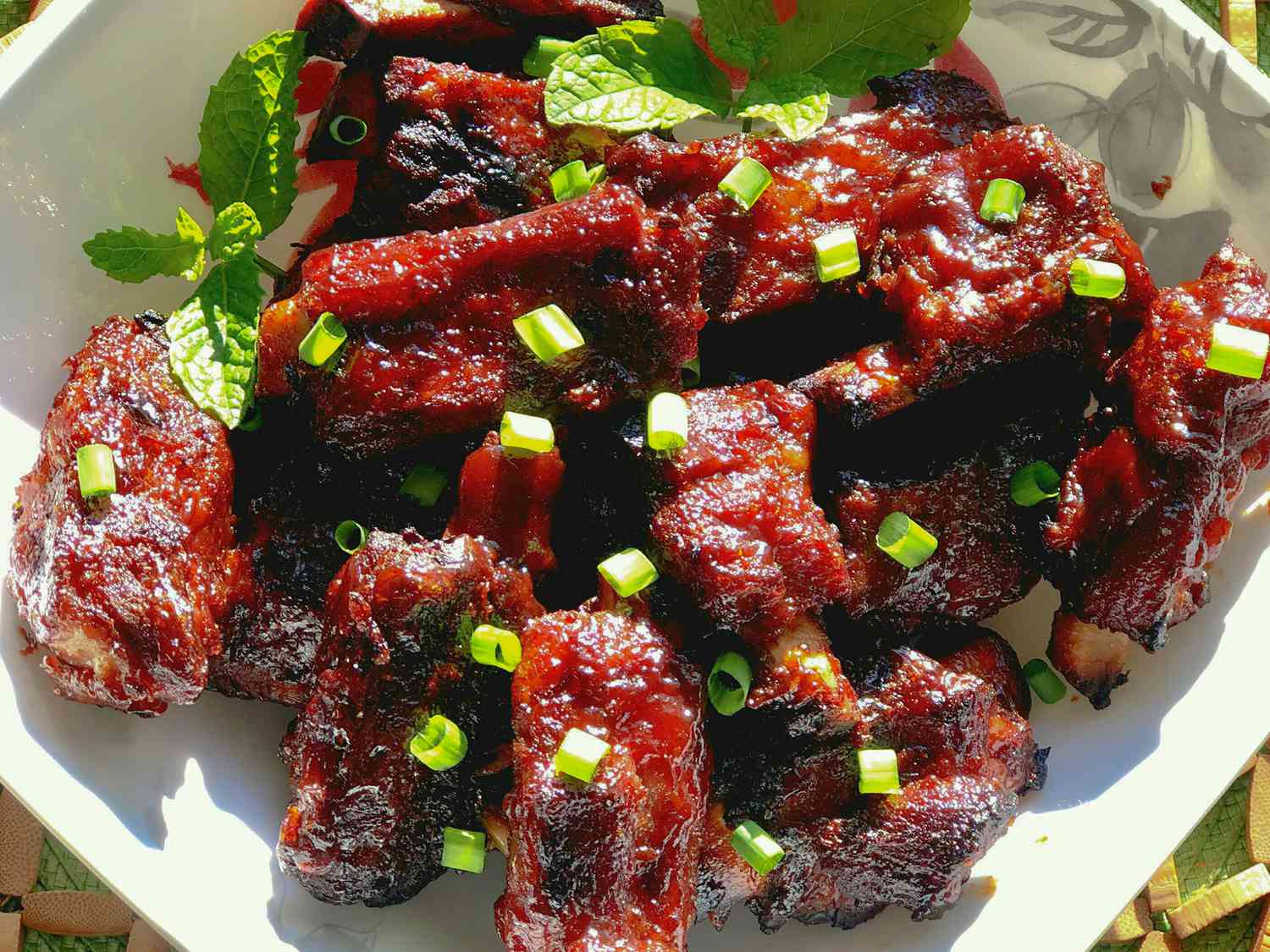How To Cook Eggplant: Delicious Recipes and Tips
Are you craving a nutritious and versatile vegetable? Look no further than the humble eggplant! Whether you’re a seasoned cook or a beginner in the kitchen, we’ve got you covered with our guide on how to cook eggplant. From simple preparations to mouthwatering recipes, you’ll discover an array of delicious options that will impress your family and friends.
Choose the Perfect Eggplant
Before diving into the world of eggplant cooking, it’s essential to select the perfect one for your dish. Here are some tips:
- Look for eggplants with smooth, shiny skin and no wrinkles or blemishes.
- Opt for smaller-to-medium-sized eggplants, as they tend to have a sweeter and less bitter taste.
- Give it a gentle squeeze – a ripe eggplant should have a slight give but not be mushy.
Preparation Techniques
Roasting:
Roasting eggplant brings out its natural sweetness and adds a delightful smoky flavor to your dish. Here’s how to do it:
- Preheat the oven to 400°F (200°C).
- Cut the eggplant into cubes or slices and place them on a baking sheet.
- Drizzle with olive oil, season with salt and pepper, and toss to coat.
- Roast for 20-25 minutes until the eggplant is tender, flipping halfway through.
Grilling:
Grilled eggplant is a summertime favorite. Follow these steps to achieve perfectly charred and smoky slices:
- Preheat the grill to medium-high heat.
- Slice the eggplant into rounds or lengthwise strips.
- Brush the slices with olive oil and sprinkle with your favorite herbs or spices.
- Grill the eggplant for 4-5 minutes per side until charred and tender.
Sautéing:
Sautéed eggplant is a quick and easy way to add it to various dishes. Here’s how to do it:
- Heat olive oil in a skillet over medium heat.
- Cut the eggplant into cubes or slices and add them to the skillet.
- Sauté for 5-7 minutes until the eggplant is golden brown and softened.
- Season with salt, pepper, and any desired herbs or spices.
Delicious Eggplant Recipes
1. Eggplant Parmesan:
This classic Italian dish combines crispy breaded eggplant, tangy marinara sauce, and gooey melted cheese. It’s a comfort food favorite that will satisfy your cravings.
2. Baba Ganoush:
Transport your taste buds to the Middle East with this creamy and smoky eggplant dip. It’s perfect for dipping pita bread or vegetables and makes a fantastic addition to mezze platters.
3. Ratatouille:
This colorful and flavorful dish is a celebration of summer vegetables. Combine eggplant, tomatoes, zucchini, bell peppers, and herbs for a hearty and nutritious meal.
4. Eggplant Stir-Fry:
Add an Asian twist to your eggplant with a delicious stir-fry. Pair it with your favorite veggies, protein, and stir-fry sauce for a quick, healthy, and flavorful meal.
With these tasty recipes and preparation techniques, you’re ready to explore the many possibilities of cooking with eggplant. Don’t be afraid to get creative and experiment with flavors to find your favorite dishes. Enjoy the delightful and versatile eggplant in all its glory!
Was this page helpful?
Read Next: How To Cook Tilapia
